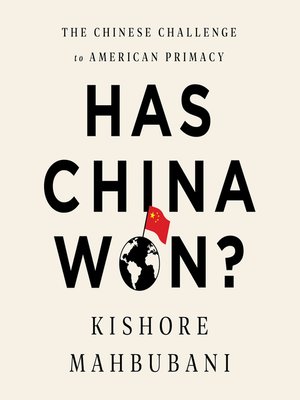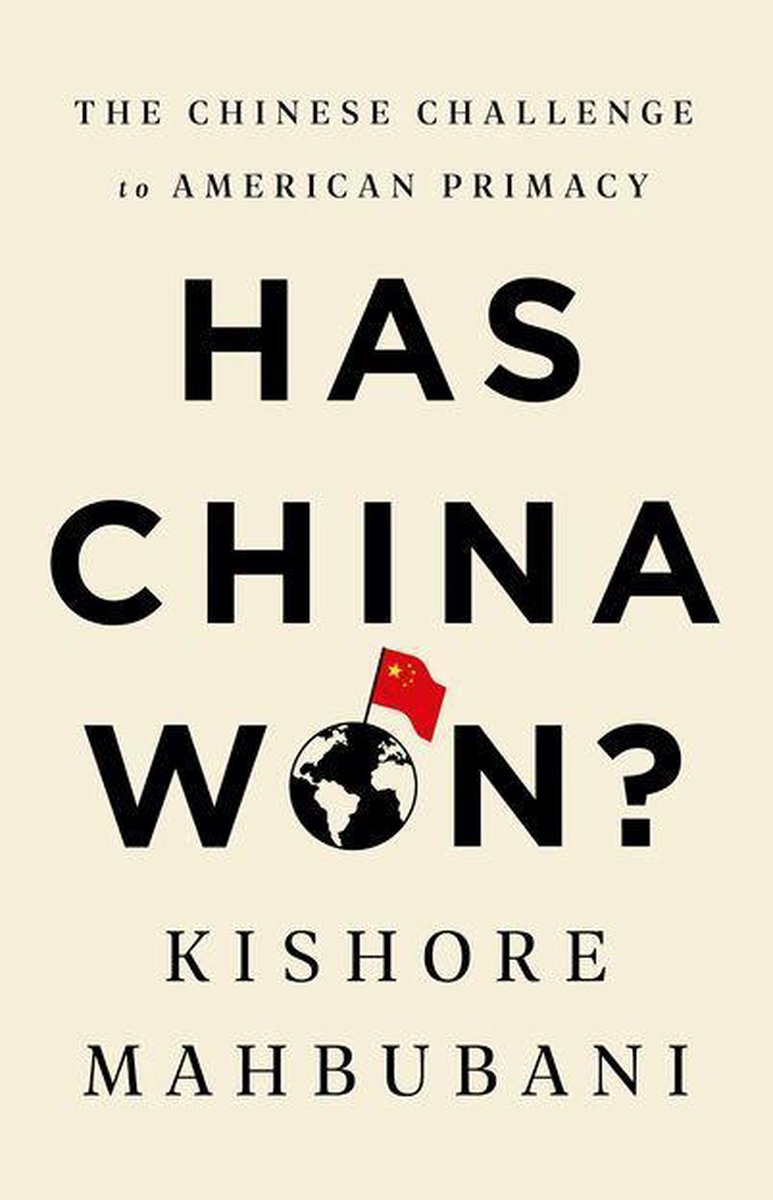

His latest book, Has China Won?, was released in March 2020.Living in China for over two years has been quite a unique experience for us. Professor Mahbubani is a prolific author, having published numerous articles and eight books: Can Asians Think?, Beyond The Age Of Innocence, The New Asian Hemisphere, The Great Convergence, Can Singapore Survive?, The ASEAN Miracle (co-authored with Jeffery Sng), and Has the West Lost It?. He spent a year as a fellow at the Center for International Affairs at Harvard University from 1991 to 1992. He received a master’s degree in philosophy and an honorary doctorate from Dalhousie University (Halifax, Canada). Professor Mahbubani graduated with a first class honours degree in philosophy from the University of Singapore in 1971. He is also a member of the World Economic Forum 2020 Global Future Council on China.

In April 2019, he was elected to the American Academy of Arts and Sciences as an honorary international member. In 2004, Professor Mahbubani became the founding dean of the Lee Kuan Yew School of Public Policy, National University of Singapore, holding the position until 2017 he was also a professor in the practice of public policy from 2006 to 2019.

He was permanent secretary at the Foreign Ministry from 1993 to 1998.įor his excellence as a diplomat, he was conferred the Public Administration Medal (Gold) by the Singapore government in 1998. In 2011, he was described as “the muse of the Asian century.” He was selected by Prospect magazine as one of the top 50 world thinkers for 2014.Īmbassador Mahbubani served in the Singapore Foreign Service for 33 years (1971 to 2004), with postings in Cambodia, Malaysia, Washington, D.C., and New York, where he served twice as Singapore’s ambassador to the United Nations and as president of the UN Security Council in January 2001 and May 2002.

He was selected as one of Foreign Policy’s Top Global Thinkers in 20. A veteran diplomat, student of philosophy, and author of eight books, Kishore Mahbubani is currently a distinguished fellow at the Asia Research Institute, National University of Singapore.


 0 kommentar(er)
0 kommentar(er)
